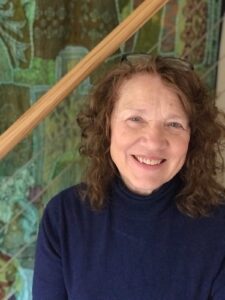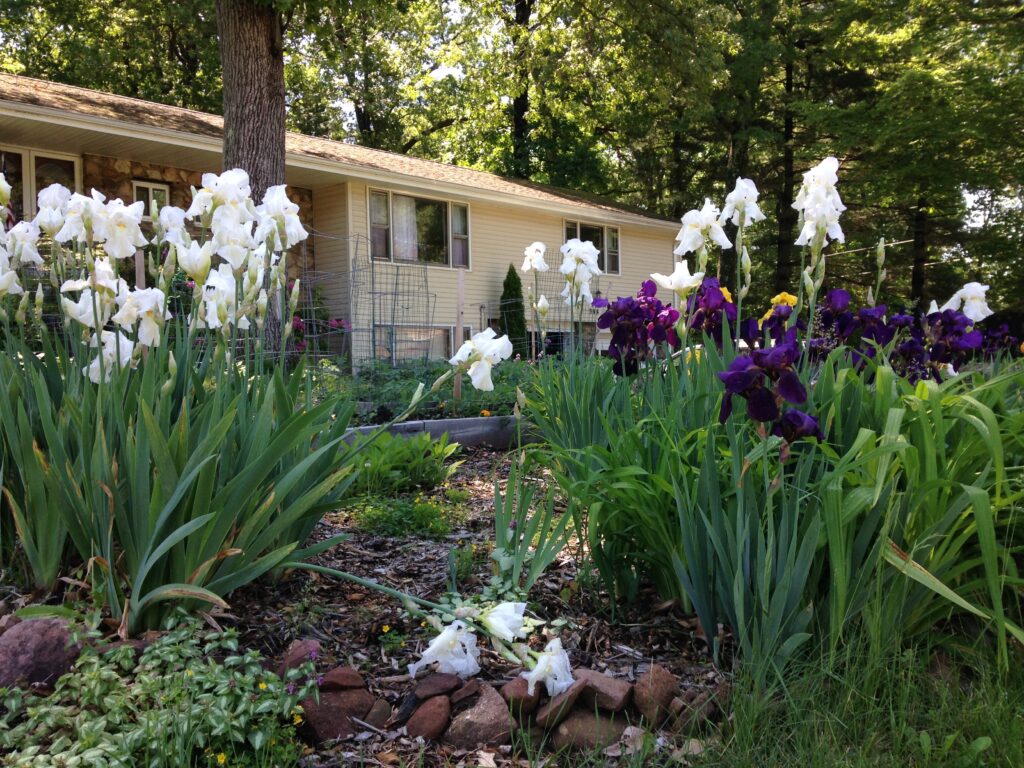I do like to make pieced quilts. I just rarely take the time for it. Plus, my teenage daughter took over most of my sewing table with her jewelry making beads. She’s getting quite good at making bracelets and earrings, and I’m happy to share my CRAFT table … but I still need part of it for the sewing machine.
Quilt projects in process:
1 – Extreme Reader – for daughter 2, and will look like a bookcase.
2 – Tenleytown – Adam and I met in the Tenleytown neighborhood of Washington DC, and daughter 4 wants a quilt of house blocks. I bought blue fabric for the sky, and all the houses are being made of scrap fabric I already have. (Yes, these are the last two of my children who have not yet received a Mommy Made It quilt – the other three are done and on their beds.)
3 – Christmas log cabins – one year during Christmas break, I randomly started sewing fabric strips into log cabin blocks to use up the Christmas scraps that had piled up. I made a dozen 12.5 inch blocks before I set them aside to, you know, make the quilts for my kids … that still aren’t done …
4 – holiday postage stamps – this was one of my first attempts at quilt blocks. I found fabrics that aligned with the twelve months of the year and started cutting them into 2.5 inch squares, and sewing them together. The blocks are not lined up at all because my seams were all over the place, so I need to start over on the whole thing. But I like the idea, so I will.
5 – blue yabba dee yabba doo – a friend gave me a whole bunch of blue quilt blocks she made/collected in a quilting group … but then didn’t actually want to make a quilt with them. One of these days, I’ll actually put them together, make however many more it needs to get to a good size, finish it, and maybe give it away.
6 – scrap jeans – I have an entire bin full of worn out jeans, just waiting for me to cut them up and make them into 48×48 inch picnic blankets, to sit on outside. I’ve made one so far. I originally wanted an eight-foot square blanket out of jeans, but thought that might break my washing machine with the weight. So I divided the idea into quarters, and when I have four, we’ll just put them all together in a big square.
7 – scrap bombs – I randomly started sewing very small scraps together that were in the same color family, and worked it out until I had a 12.5 inch block. My sister Mindy (who is my sewing partner) and I ran with it, and now we’re working on an entire scrap bomb quilt in purples and blues.




